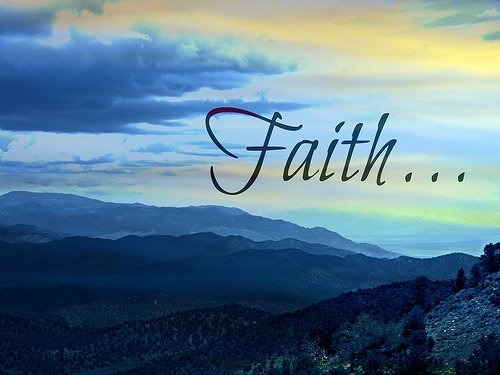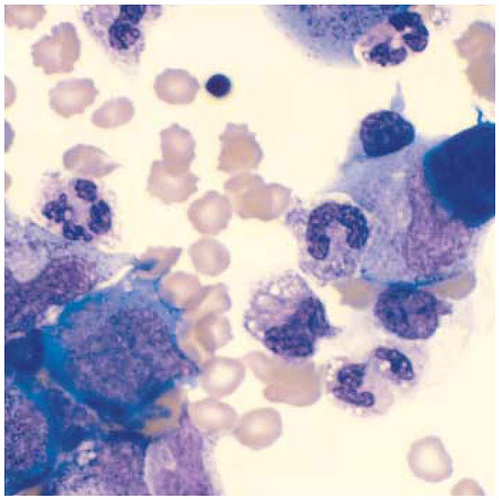Earlier this week, I found myself sitting silently—literally, emotionally, spiritually—in front of my laptop and staring at the keyboard, not knowing what to type. Eventually the words came, each of them harder than the ones before …
“I am very sorry to hear about the cancer.”
I didn’t make it far before needing to pause for a while. I had just gotten the note from my friend a few minutes before with the news, and I was still reeling from the “is this really happening” aspect of it all. I wanted to get back to him right away but wasn’t quite sure what to say.
“Words will do little to express my feelings, but you do have my deepest prayers. Your note indicates the most important thing, that you are relying on your faith in God to help you get through what has to be a very tough ordeal.”

Those words sounded wooden and automatic when I read them back, but they were not randomly chosen. They were in response to my friend’s note which had said: “I have so much to be thankful for, not only in terms of treatment options, but for my family, friends’ support, and my faith in God. I can provide some of the God moments in my journey later.”
I look forward to hearing about those “God moments” the next time we get together. Because any moment when God shows up would have to be sweet and full of grace. And abounding in love and promise and assurance as well.
“We have a God who is loving and all-powerful. It is not a miracle to God to cure someone, and that is possible in any situation. That does not mean that will always be the case, but you can be assured there is always hope, no matter how dark it seems.”
Life comes crashing into focus when someone we know is dealing with cancer. It forces us to examine what life is all about in the first place. As far as I have been able to discern, a critical aspect of what life is about revolves around the concept of surrender.
Understanding that “surrender” means “to give in to God” and not “to give up in fear.”
When we hand something over to God, we acknowledge that he is ultimately in control of the situation, and we choose through faith to continue to honor and even thank him. But we may still fight with courage to do all we can do in the meantime.
“As hard as it seems, the critical success factor in God’s way of doing things seems to be for us to surrender as completely as we are able to his will. That is hardest when the stakes are high, but having faith that God is there, that he loves you, and that he is in control is the most important thing to remember.”
 Dealing with cancer, in any of its forms, also leads us to reexamine what we believe takes place after our life is over, which happens to all of us sooner or later when our relatively short existence is done.
Dealing with cancer, in any of its forms, also leads us to reexamine what we believe takes place after our life is over, which happens to all of us sooner or later when our relatively short existence is done.
“In the long run, we have only an eye-blink of a brief existence anyway. Compared to an eternity with no pain, no disease, and no worry, even eighty, ninety, or whatever years we have are relatively inconsequential. We were designed for something much better, and much longer, than what we call life.”
After finishing the reply to my friend, I didn’t feel better. With a massive feeling of understatement, all I could think was, “Cancer really sucks.” I didn’t want my friend to have to go through what he was going to have to go through, and I wanted everything to do with the C-word to just go away.
Sometimes, though, cancer happens anyway. But by surrendering even that to God— as best we can—we may still find peace and lay claim to hope. And this hope is not merely an “expectation.” It’s far more, because we can we have a positive assurance of what’s to come.
Question: Are you able to surrender even the toughest things to God even when it’s very hard?
Action: Take a few minutes to talk to God and let the people closest to you know you love them.

